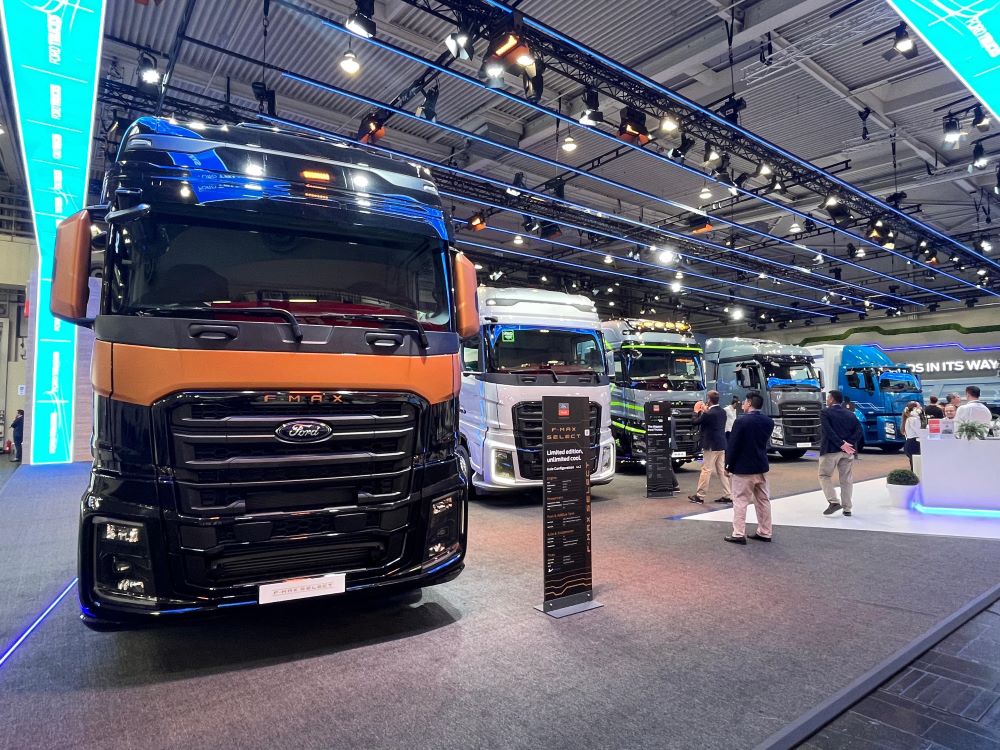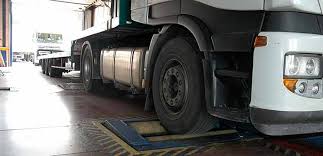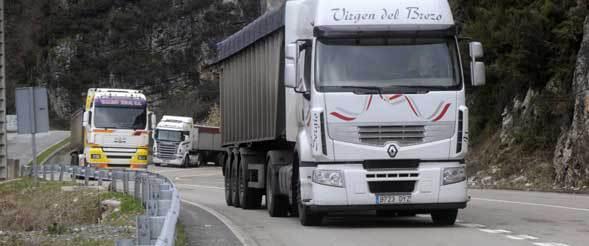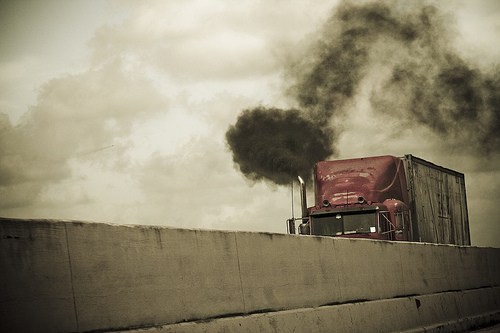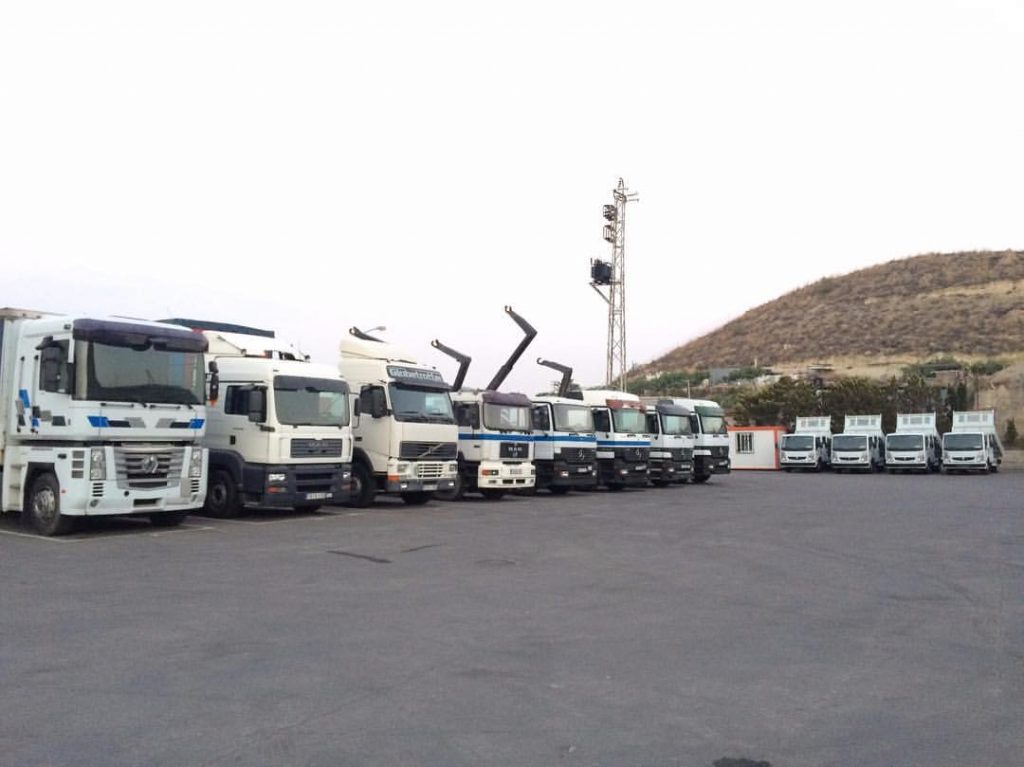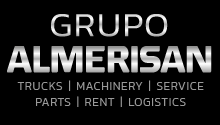Sin categoría
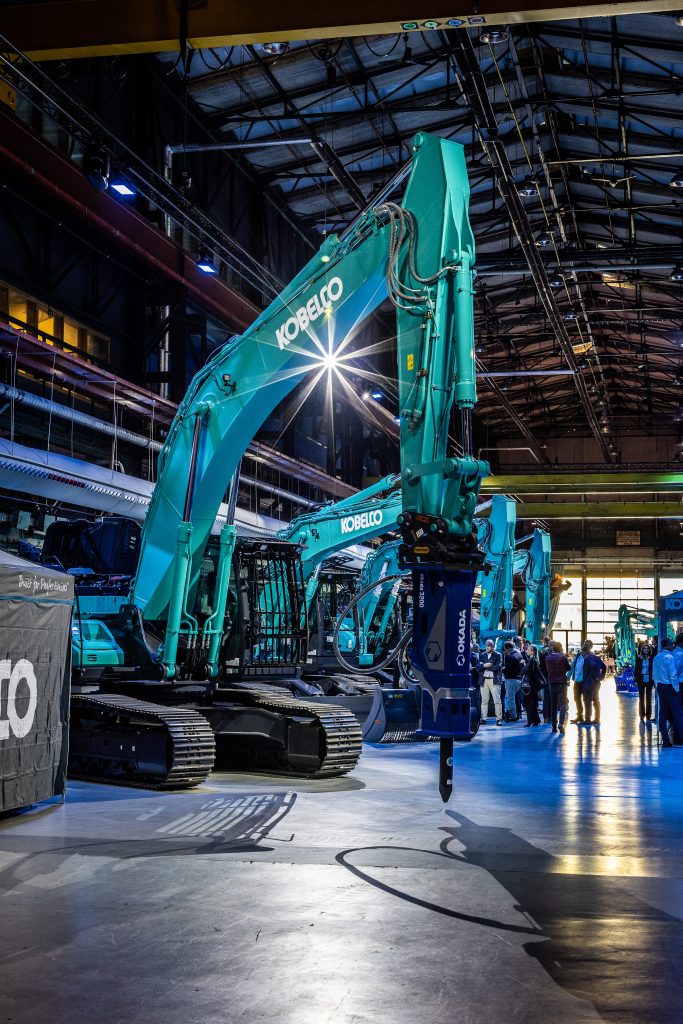
Grupo Almerisan is pleased to announce its new partnership with Kobelco, a leading Japanese manufacturer of industrial machinery. This alliance will allow Grupo Almerisan to become the exclusive importer of Kobelco machinery in the provinces of Almeria, Granada and Jaen, thus offering access to high quality equipment and advanced technology to local customers in the construction and industrial sector.
Kobelco, founded in 1930, is recognised worldwide for its innovation and commitment to sustainability. The company specialises in the production of excavators and cranes that comply with the strictest emissions regulations, thanks to technologies such as the iNDr noise and dust reduction system. In addition, its machines are designed to offer superior performance and a high level of comfort for operators, making them an ideal choice for projects that require efficiency and durability.
With this addition, Grupo Almerisan not only offers the sale of Kobelco machinery, but also a complete maintenance and technical support service, ensuring that every customer in Almeria, Granada and Jaen has the best experience in the use of their equipment. This collaboration reinforces the commitment of both companies to sustainable development and innovation in the sector, promoting economic growth and competitiveness in the region.
For more information on the range of Kobelco machinery on offer through the Almerisan Group, please visit our Machinery section.

